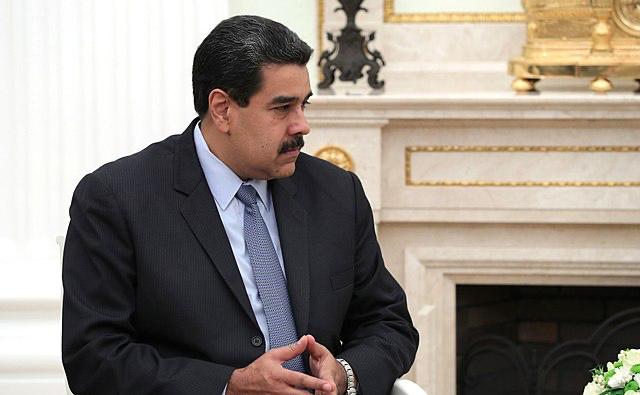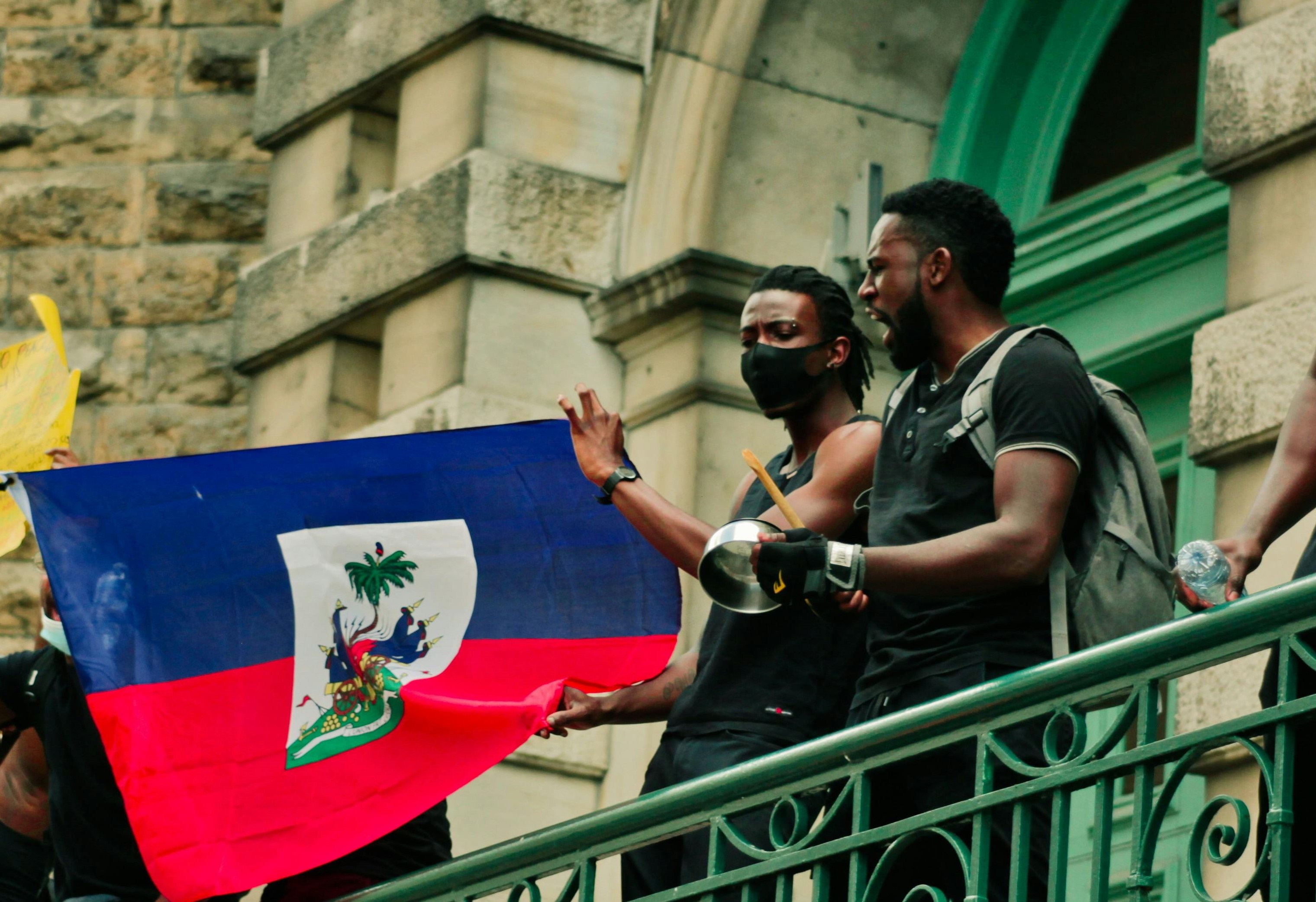Read this article in Spanish!
Tensions have risen between Spain and Venezuela following the decision by the Spanish Congress of Deputies (Congreso de los Diputados) to recognize the exiled presidential candidate Edmundo González as the legitimate president of Venezuela. The decision represents yet another turning point in the controversial July 28 elections. Venezuela has called for a break in relations with Spain and summoned the Spanish ambassador to Caracas after the Spanish Defense Minister described Maduro’s government as a “dictatorship.”

According to the National Electoral Council of Venezuela (Consejo Nacional Electoral), the incumbent president, Nicolás Maduro, won the recent presidential elections with 51.2% of the votes. However, the outcome has been called into question, and numerous allegations of voter fraud have been levied against Maduro. The opposition has obtained approximately 80% of the counting records and claims that Maduro lost the elections.
After the elections, large protests erupted in the country, leading to the toppling of statues of Hugo Chávez, Maduro’s predecessor. In response, Maduro increased police presence on the streets, resulting in hundreds of arrests and even some deaths.
On September 8, the opposition leader Edmundo González arrived in Spain, seeking political asylum to avoid arrest. Three days later, the Spansh Congress of Deputies voted to recognize Edmundo González as the legitimate president of Venezuela. The proposal from the center-right Popular Party obtained 177 votes in favor, achieving a majority. Nevertheless, the vote was largely symbolic, as the authority to make such recognitions is ultimately reserved to the Spanish government. The ruling Socialist Party (PSOE), a center-left party, opposed the initiative. The current government has deferred any final decision on the matter, preferring to await verification of the results by Maduro.
In response to the vote by the Spanish Congress of Deputies, Jorge Rodríguez, the president of the Venezuelan Parliament, demanded that all relations with Spain should be broken and asked for the departure of Spanish representatives from Venezuelan territory.
While it does not appear that relations will break, the situation has escalated further following statements from Spanish Defense Minister Margarita Robles, who labeled Maduro’s government as a dictatorship at an event in the Ateneo de Madrid. Tensions grew even stronger after the Spanish Prime Minister, Pedro Sánchez, recently received Edmundo González at the Presidential Palace of La Moncloa.
Responding to these events, Maduro has summoned the Spanish ambassador in Caracas and called back the Venezuelan representative in Madrid for consultations. Spanish Foreign Minister José Manuel Albares has emphasised the need to prevent further escalation, describing the decision to summon the ambassador as sovereign.
Nevertheless, tensions show no sign of diminishing following reports from Caracas indicating that two Spaniards have been arrested on charges of being undercover agents of the Spanish National Intelligence Center (CNI) with plans to destabilize the Venezuelan government. Spain has denied any involvement in attempts to interfere in Venezuelan politics.
Commercial Break?
Needless to say, trade relations between the two countries are not at their best. Although a commercial break seems unlikely, such a move would negatively impact both Venezuela and some major Spanish companies.
Fuel makes up nearly 90% of Venezuelan imports to Spain, and since the start of the war in Ukraine, these imports have quadrupled. A rupture would significantly affect Spain, although the severity of the issue could be mitigated through a Spanish diversification of suppliers.
However, Venezuela could suffer more from a break, as Spain is one of its largest oil buyers. Spain is also one of the biggest investors in Venezuela, with over 120 companies investing a total of 500 million euros in the country. Repsol, a Spanish energy and petrochemical multinational, has several projects in Venezuela that help provide electricity to some regions of the Latin American country. Any dispute could lead to significant blackouts in parts of Venezuela. As such, both countries will seek to avoid a commercial rupture.
Thus, Venezuelan Executive Vice President Delcy Rodríguez has met with Repsol to calm tensions and clarify that oil would be excluded from any potential sanctions against Spain.
The crisis is expected to remain at a diplomatic level and not escalate further, although it is important to observe how the situation evolves. Spain’s position is clear: avoid escalation and maintain calmness.


